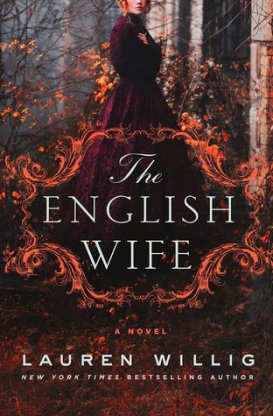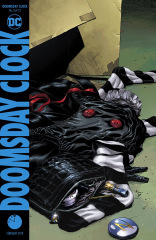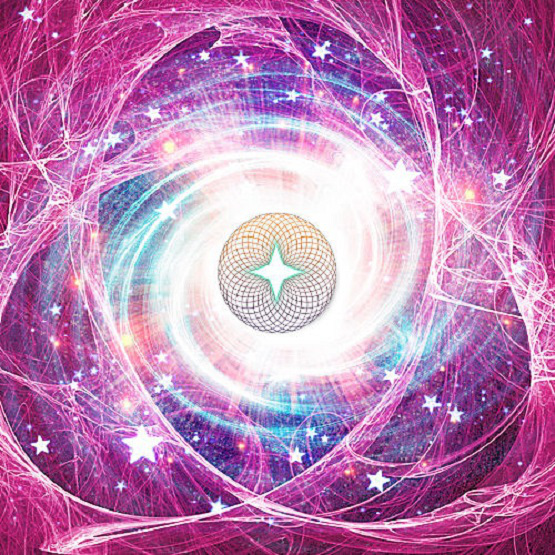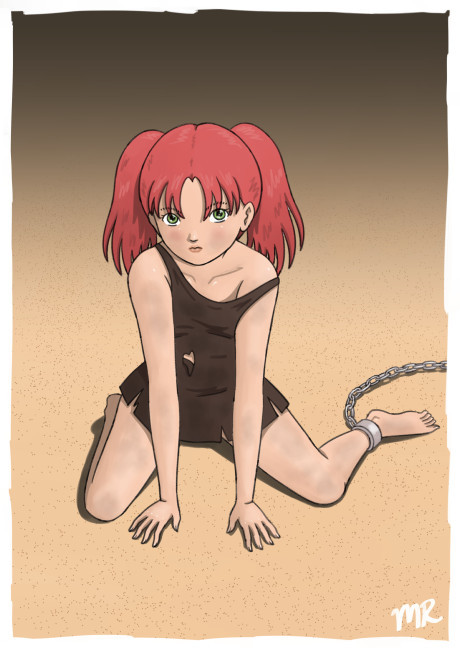Despite some issues I had with Deborah Harkness’ A Discovery of Witches, I was addicted enough to throw part of my June TBR out the window to binge on the series. So instead of reading anything I actually had planned for this month, I stopped what I was in the middle of as soon as I made it back to my library to check out book two in Deborah Harkness’ All Souls trilogy: Shadow of Night. It’s a guilty pleasure read for me, and I often find it best to just gorge on those to get them out of my system, so here we are. (Warning: there are spoilers from book one ahead.)
About the book: Matthew and Diana 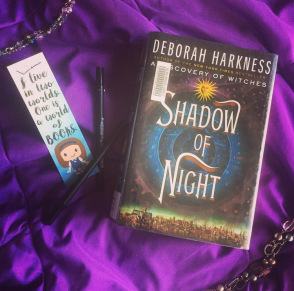 are still searching for answers and fighting for the right to love each other. Book one left them on the verge of time travel to 1590, with the surprising knowledge that they might be able to conceive children together. Now, back in Matthew’s past, future Matthew has to juggle all of his 1590 responsibilities that he thinks will lead to helpful connections in their ongoing searches for Ashmole 782 and a teacher for Diana. He insists on taking the lead, and makes some questionable choices which threaten not only the pair’s survival but the peace between them. Diana sets out to make connections of her own, and finds new friends and enemies in the process. Neither of them are sure when they should try going back to their own time, or if it’s even possible with Diana’s current skill level. As past and present collide, vampire and witch are tested anew–they must decide what they can afford to lose, and fight to the last breath for what they can’t.
are still searching for answers and fighting for the right to love each other. Book one left them on the verge of time travel to 1590, with the surprising knowledge that they might be able to conceive children together. Now, back in Matthew’s past, future Matthew has to juggle all of his 1590 responsibilities that he thinks will lead to helpful connections in their ongoing searches for Ashmole 782 and a teacher for Diana. He insists on taking the lead, and makes some questionable choices which threaten not only the pair’s survival but the peace between them. Diana sets out to make connections of her own, and finds new friends and enemies in the process. Neither of them are sure when they should try going back to their own time, or if it’s even possible with Diana’s current skill level. As past and present collide, vampire and witch are tested anew–they must decide what they can afford to lose, and fight to the last breath for what they can’t.
“Stop regretting your life. Start living it.”
About the layout: This book is divided into parts, which mostly feature Diana (in the first person) and Matthew (in the third) on their many adventures. At the end of each part is a chapter featuring a different perspective from the present (circa 2010). These sections provide clues and connections between our main characters in the past and the ongoing story line in the “future,” but they’re confusingly brief. New characters are introduced only to be shuffled out of significance for the rest of the book. Perhaps they’ll be back in the final volume, but either way the amount of page time given to each of them seems odd–I think they’ve been given too little attention if they’re going to be significant, and too much if we’re already done with them. I think there’s real potential for this series in opening up the narration to multiple points of view, but that potential goes unrealized in this volume.
“Change is the only reliable thing in the world.”
Let’s examine the mystery of Matthew’s power. I dislike instances in fantasy when a supposedly powerful being calls on the influence he’s got stored up from the past and provides little to no evidence of how he became so influential in the first place. In these first two books, Matthew is calling in old friends, using his standing and money and family sway to win victories–but how did he become so intimidating in the first place? There seems to be no indication of how Matthew earned his high status in the creature world, which makes him seem less powerful than everyone claims. It’s a discrepancy of balance that goes back to the “show don’t tell” rule of writing. The single murder he committed in book one didn’t explain to me why even vampires are intimidated. I, for one, need more proof that he can back up his threats.
“Stop worrying about what other women do. Be your own extraordinary self.”
There are times when this book seems like it wants to be a feminist kick-ass tale of a female witch mastering impressive power. I’m not sure if it’s the traditionally possessive vampire in the story or something else entirely that prevents it, but Diana doesn’t present as a strong, independent woman, no matter how often Matthew tries to insist she is. Despite the words being spoken, there are so many instances that prove otherwise–for instance, there is a scene in this book when Diana finds herself alone and threatened, and in that time she seems capable of fighting for herself–but as soon as a would-be rescuer arrives, she’s eager to give the fight to someone else. It’s frustrating that she could be strong player but is always so eager to be rescued.
“There were times when Matthew behaved like an idiot–or the most arrogant man alive.”
And there’s the truest statement in this book. Matthew is bossy and domineering, always making assumptions and decisions for his underlings. But the narration seems to understand that he’s making bad choices and acting like a pompous ass, which suggests to me that Matthew will also realize it at some point and change his ways. It would help if Diana didn’t put up with it, but I keep thinking that eventually he’s going to learn he can’t rule the world–and then he could be a pretty great character. In the meantime, he’s almost a villainous love interest, and his most compelling aspect is his horde of secrets.
Additional small annoyances:
- Vampire servants. Why would anyone want to spend their immortality serving someone else? I’m not saying it’s not possible, but what’s the reasoning?
- Multiple marriages. How many times can one couple be married in different ways and then say “this time we’re really married” before the reader can no longer stand it? I’m setting the limit at four.
- Difference in life spans. This is an interesting dilemma, but I’m still waiting for the narration to address the fact that Matthew is immortal and Diana is not.
My reaction: 3 out of 5 stars. I didn’t like this one quite as much as A Discovery of Witches, though it had some different pros and cons. I didn’t meant for this whole review to become a rant about the dissatisfying aspects because I did like some things about it–spoiler things that I don’t want to mention. I have a new favorite character who appears unexpectedly in this book, for example. But in my opinion sequels are hardly ever as good as books one and three, and I think that’s the case with this trilogy. I’m still determined to read book three and hopeful that it will be an improvement. I’ll probably be delving into it sooner rather than later.
Further recommendations:
What’s next: Yesterday I started reading both Harkness’ The Book of Life, the final book in the All Souls trilogy, and Danielle Paige’s Dorothy Must Die, from my actual June TBR. Dorothy Must Die is a YA tale about a backwards Oz and a new heroine from Kansas who must set things back to rights before Dorothy gets too carried away. These will be my next two reviews, in undetermined order.
What do you do when your TBR goes off the rails? Do you push it back on the track or go wherever the train takes you?
Sincerely,
The Literary Elephant
Update: you can now read my review of the next book in this series, The Book of Life!
Advertisements Share this:
